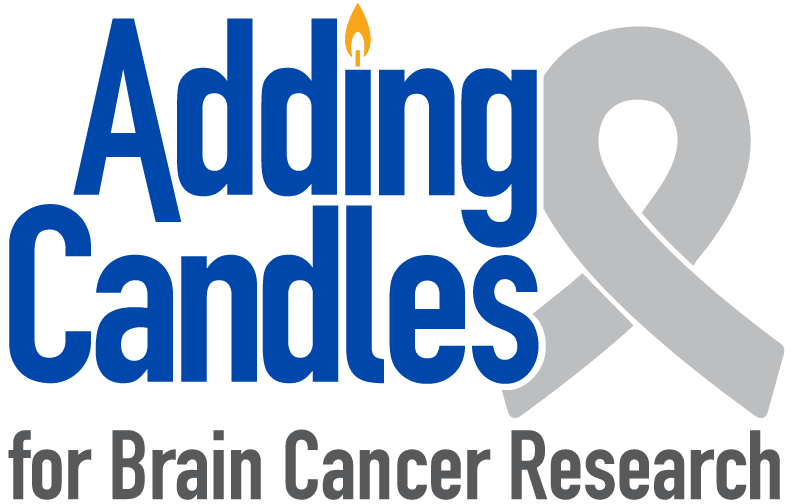Neuro-Oncology Research Programs at the University of Rochester Medical Center and
Wilmot Cancer Institute
The Neuro-Oncology program at the University of Rochester Medical Center is a multi-disciplinary clinical and research program dedicated to improving the lives of patients with primary brain tumors, metastatic brain tumors and neurologic complications of cancer. The core goal of this endeavor is to develop new therapies for diseases like glioblastoma, the most common and most deadly primary brain tumor, that can both extend and improve the quality of life of patients. There are several ongoing projects being carried out at the Wilmot Cancer Institute and in the laboratories of the University of Rochester Medical Center at this time:
Clinical trials in Gliomas: Gliomas are the most common type of primary brain tumors and include astrocytomas, oligodendrogliomas and glioblastoma. These are diseases that infiltrate the brain and cannot be treated by surgery alone. We have traditionally thought of these tumors as incurable, but several recent trials suggest that aggressive treatment with surgery, radiation and chemotherapy can result in cures. In this endeavor, we currently offer clinical trials sponsored by the National Cancer Institute. We also offer trials with newly developed drugs sponsored by small pharmaceutical companies. Our aim is to be able to open clinical trials for off label use of FDA approved drugs. These trials would study drugs that have shown promise in preliminary studies but do not have the financial backing of pharmaceutical companies. One of the laboratories at the University of Rochester has recently identified an FDA approved drug that has remarkable activity in glioblastoma in an animal model. We will be taking this drug into clinical trials in the coming year.
Tumor Associated Epilepsy: This is a research program dedicated to better understanding and predicting the development of epilepsy in brain tumor patients. Our research projects aim to devise a risk stratification score that will help us predict which brain tumor patients are likely to develop seizures and which will need treatment. We are currently studying a series of biomarkers that can be identified on tumor tissue. We are also interested in minimizing the burden of epilepsy in this population by studying new drugs that are specifically effective in brain tumor patients with the goal of decreasing seizures and improving quality of life.
Chemotherapy Induced Neuropathy: Nerve damage cause by chemotherapies used to treat many types of cancer can result in significant pain, discomfort and disability. We are interested in developing a separate clinic devoted to patients that suffer from nerve damage. This would include collaboration with neuromuscular specialists, pain specialists, physical therapy and occupational therapy. This would allow patients to get all of their care for neuropathy in one place. In 2015, we will be opening a trial studying a device that is used to reduce the pain from chemotherapy induced neuropathy. Our goal is to offer more clinical trials of novel drugs and devices that can help improve patient’s symptoms.
Incorporating Palliative Care in Glioblastoma: Palliative care has an important role in the treatment of cancer. Studies have demonstrated that it can improve mood, overall well being, help family members cope and result in better outcomes. Currently, we are planning a study that will incorporate palliative care consultations in the treatment of glioblastoma to see if it has a positive impact on patients and their caregivers. We would like to continue this as an ongoing project, where we can incorporate new interventions to constantly improve the quality of life in patients with glioblastoma.
Wilmot Cancer Institute
UR Medicine’s Wilmot Cancer Institute offers patients and their families advanced, compassionate cancer care and supportive resources at locations throughout the Rochester and Finger Lakes region. Experts in medical oncology, radiation oncology, surgery, diagnostic imaging, pathology, palliative care and other disciplines work together to provide comprehensive care for each patient.
In addition, Wilmot’s scientists and physicians work to find improved treatment options. They are investigating the roots of cancer, searching for new therapies, and collaborating to provide precision care through innovative discoveries. Wilmot has more than 100 open clinical trials that can offer patients therapies and options that may not be available anywhere else in upstate New York.
Click for a recent article on brain cancer clinical trials at Wilmot.

